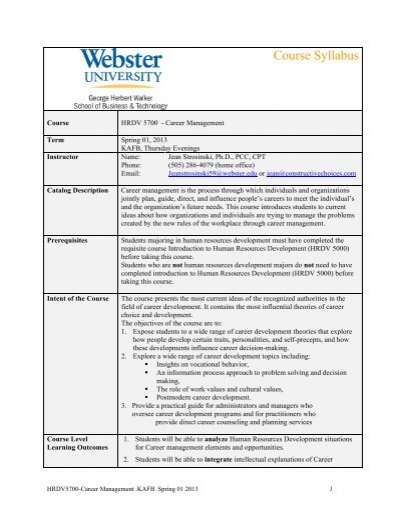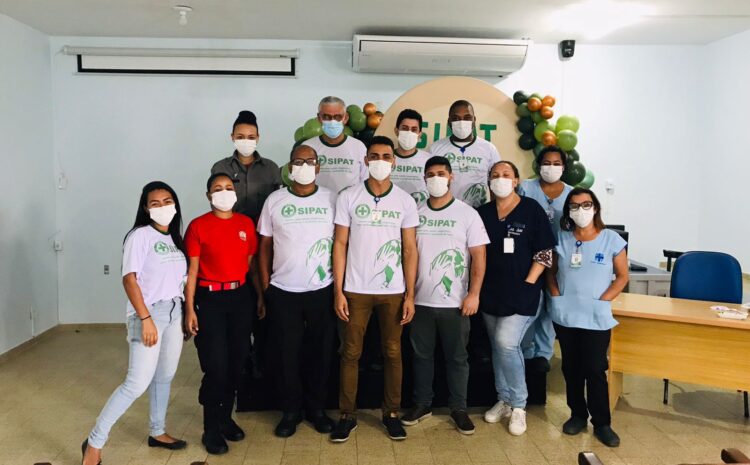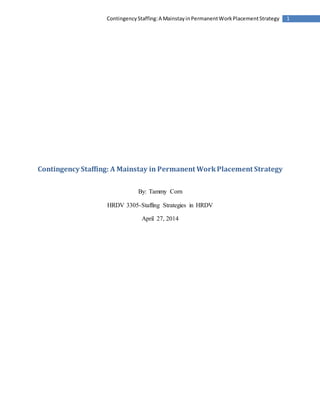HRDV, or Human Resource Development and Valorization, is a term that refers to the processes and activities that are carried out within an organization to support the development and growth of its employees. This includes a wide range of activities such as training, coaching, mentoring, career development, and talent management.
HRDV is important for organizations because it helps to create a culture of continuous learning and development, which can lead to increased productivity, improved employee satisfaction, and reduced turnover. By investing in the development and growth of their employees, organizations can create a more engaged and motivated workforce, which can lead to better business outcomes.
One key aspect of HRDV is training and development. This can take many forms, including on-the-job training, formal classroom training, online courses, and workshops. Training and development programs can help employees acquire new skills and knowledge, improve their performance, and adapt to changing business needs.
Another important aspect of HRDV is career development. This involves helping employees to identify and pursue career goals, and providing them with the support and resources they need to achieve those goals. This can include things like coaching, mentoring, and job shadowing, as well as providing opportunities for professional development and advancement.
Talent management is also a key component of HRDV. This involves identifying, developing, and retaining top talent within an organization. This can include activities such as succession planning, performance management, and employee engagement.
Overall, HRDV is an essential part of any organization's strategy for success. By investing in the development and growth of their employees, organizations can create a more engaged and motivated workforce, which can lead to improved business outcomes and long-term success.








